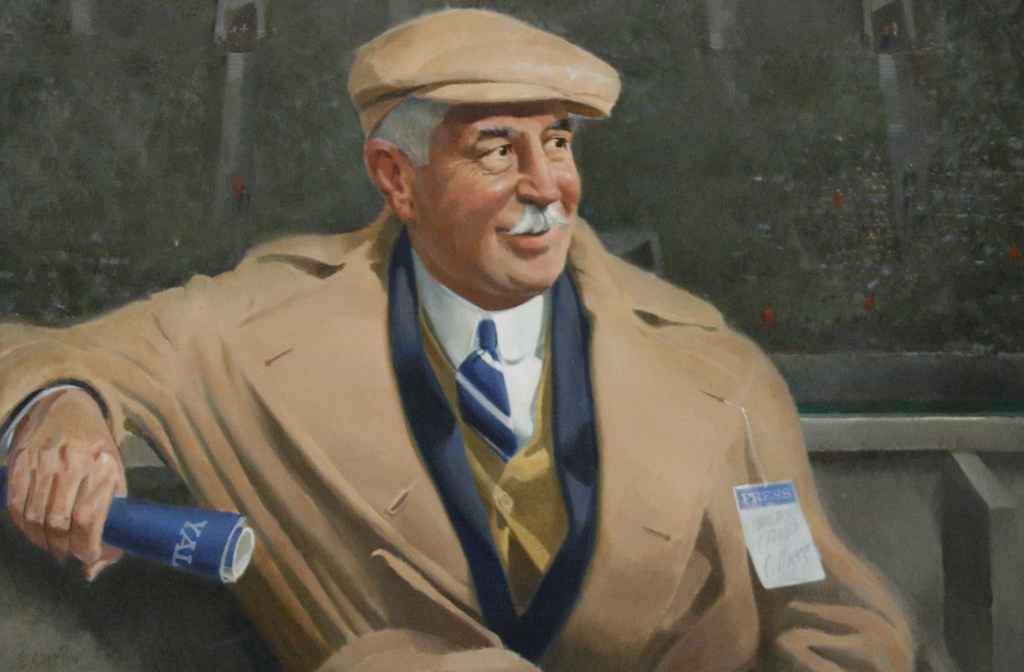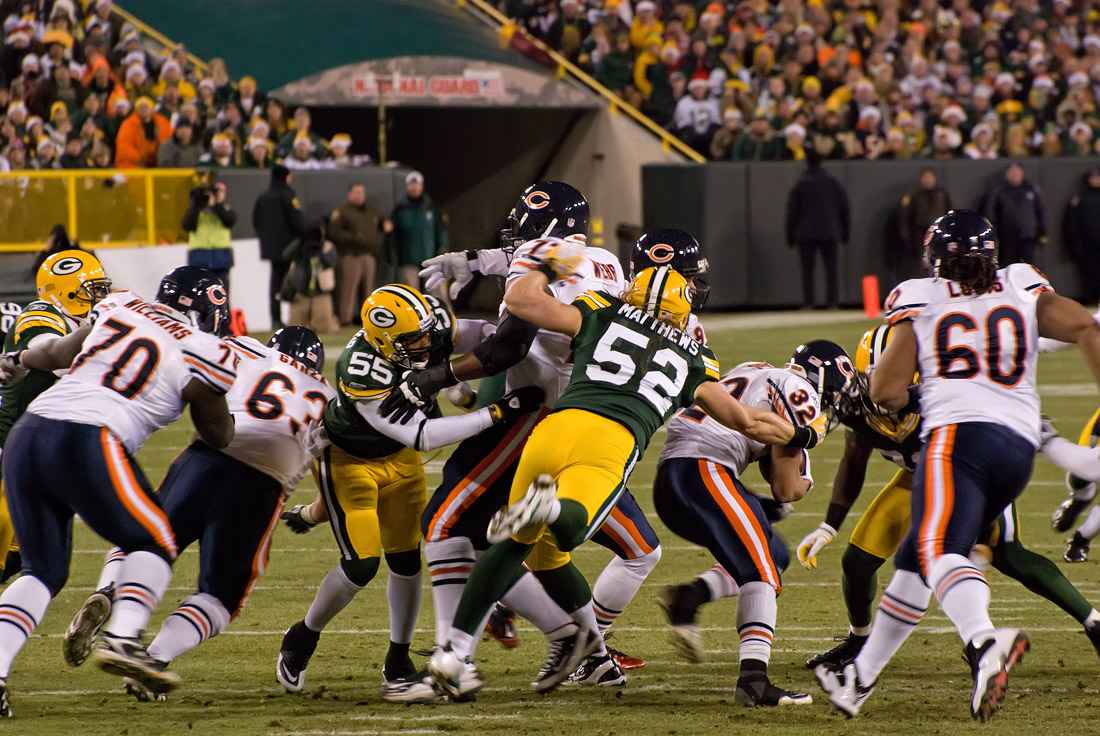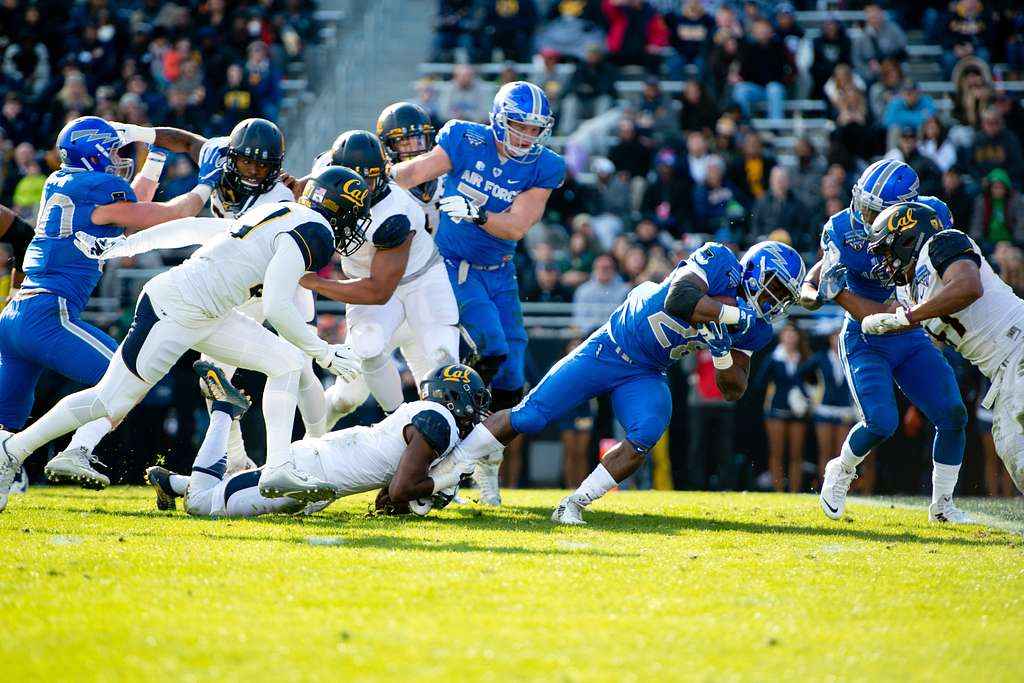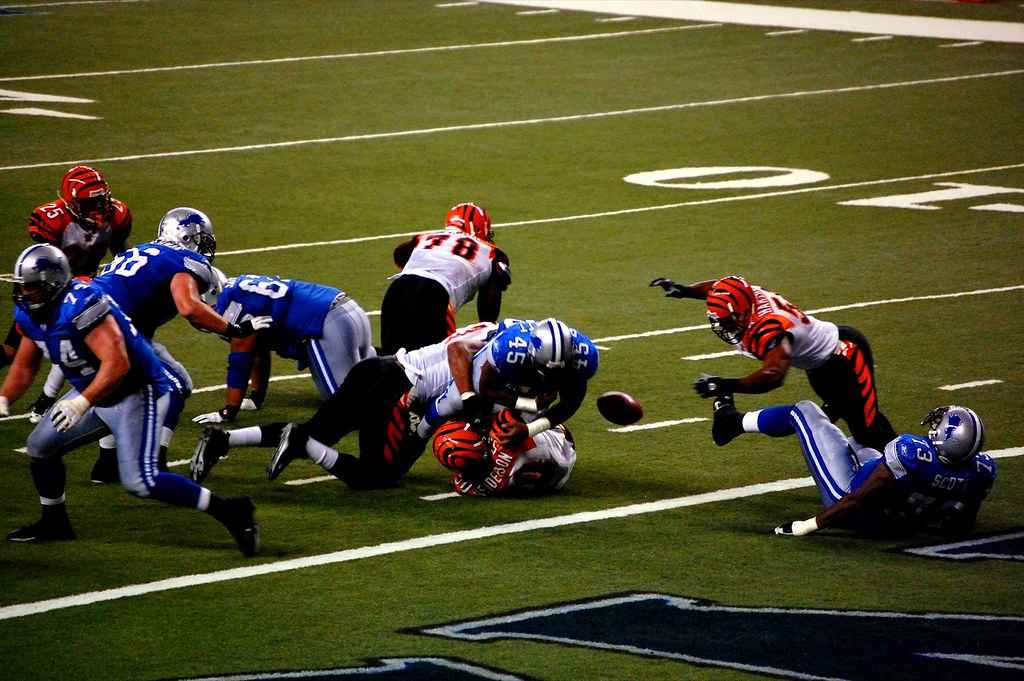American football is a cultural phenomenon in the United States, with millions of fans tuning in every week to watch their favorite teams battle it out on the gridiron.
But one question often puzzles people, especially those unfamiliar with the sport: “Why is American Football called Football” when the game primarily involves using hands?
The answer lies in its rich history and evolution. Let’s explore the origins of the name, its ties to other sports and how American football became the uniquely strategic and exciting game it is today.
Why is American Football called Football : The Roots
To understand why is American football called football , we need to look back at its origins.
- The game we know today developed in the late 19th century and was heavily influenced by two popular British sports: rugby and soccer (known as “football” outside the United States).

These games were exported to the United States in the mid-1800s, where they gained popularity on college campuses.
Early matches often blurred the lines between rugby and soccer, with teams playing variations that included both kicking and carrying the ball.
By the 1870s, American colleges began modifying the rules to create a game distinct from its British counterparts. This led to the birth of American football.
- Despite the changes, the name “football” was retained, likely because of its association with the kicking-based games which inspired it.
Walter Camp and the Evolution of the Game
- One of the most influential figures in shaping American football was Walter Camp, often referred to as the “Father of American Football.”

- In the 1880s, Camp introduced key rule changes that transformed the sport.
- He implemented the line of scrimmage, the down-and-distance system and allowed teams to use forward passes.
These innovations shifted the focus from continuous, free-flowing play (as seen in rugby) to a more structured, strategic game.
Although these changes reduced the prominence of kicking, it remained an essential part of the sport.
Kickoffs, punts and field goals were still integral to scoring and strategy, ensuring the term “football” remained relevant.
Why the Name “Football” Stuck
Even as American football moved away from its rugby and soccer, the roots were kept intact. This can be attributed to several factors:
- Historical Legacy: The term “football” was already associated with the game’s predecessors, rugby and soccer.
- Changing the name would have required a cultural shift that likely wasn’t deemed necessary at the time.
- Kicking as a Core Element: While not as prominent as in soccer, kicking plays are still critical in American football. Field goals, extra points and kickoffs can determine the outcome of a game.

- Cultural Identity: By the time American football established itself as a unique sport, the name had already become ingrained in the public consciousness.
- It became uniquely American adaptation of a global sport.
- Check more on The Impact of NFL on American Culture.
The Strategic Nature of American Football
American football’s appeal lies in its complexity and strategy. Unlike soccer or rugby, where play is continuous, football is a stop-and-go game that allows teams to carefully plan each move.
- The game is played with 11 players on each side, divided into offense, defense, and special teams.
- Each position has a specific role and success depends on flawless coordination and execution.
- To know more on the rules check NFL Rules Explained: Here’s a Beginner’s Guide to American Football
For example:
The quarterback acts as the leader, reading defenses and making split-second decisions.
The offensive line protects the quarterback and creates openings for running backs.
In defense, linebackers and safeties anticipate plays and disrupt the opposing offense.
This emphasis on Offense and Defense strategy makes American football unique, and the term “football” reflects the careful planning and execution required to control the ball, whether by hand or foot.
The Role of Kicking in American Football
Kicking may not dominate the game, but it plays a vital role in critical moments.
A well-executed field goal can win a game in the final seconds, and a strategic punt can pin the opposing team deep in their territory.
One of the most iconic moments in football history came from a kick.
In 1982, the San Francisco 49ers’ Ray Wersching successfully kicked a game-winning field goal in the NFC Championship Game, helping the team secure a spot in the Super Bowl.
Moments like these demonstrate the enduring importance of the “foot” in football.
Cultural Impact of the Name
The name “football” is more than just a label; it’s a symbol of the sport’s cultural significance in the United States.
American football is deeply woven into the fabric of society, from Friday night high school games to the NFL’s Super Bowl.

In Chicago, for instance, football is more than a game; it’s a community event. As a Chicagoan, I’ve seen the city rally behind the Bears, whether during a playoff push or a rebuilding season.
The term “football” evokes a sense of tradition, pride and shared experience.
Even the “football house” phenomenon reflects this cultural connection. Homes and sports bars transform into hubs of energy on game days, bringing people together to celebrate their love for the sport.
Comparisons to Global Football (Soccer)
While American football dominates in the U.S., the rest of the world knows “football” as soccer. The two sports couldn’t be more different, but they share common roots.
Soccer is played with continuous motion and requires precise footwork to control and score with the ball.
American football, on the other hand, relies on a mix of hand and foot skills, with set plays and strategies dictating the pace.
Interestingly, both sports evoke the same passion among their fans. Whether it’s a World Cup final or the America’s most-watched event Super Bowl Sunday, football in all its forms has the power to unite people across cultures.
Conclusion
So, why is American football called football?
The answer lies in its history, evolution of American Football and it’s rules over the period of time and its cultural significance.
The sport’s roots in rugby and soccer, combined with the enduring importance of kicking, explain why the name persists.

American football has grown far beyond its origins, becoming a uniquely strategic and thrilling game that captivates millions.
Its name is a nod to its past, even as the sport continues to innovate and evolve.
As a sports journalist and lifelong fan, I’ve always been fascinated by the stories behind the game.
Who is your favorite Football player and team? Share with us🏈.



